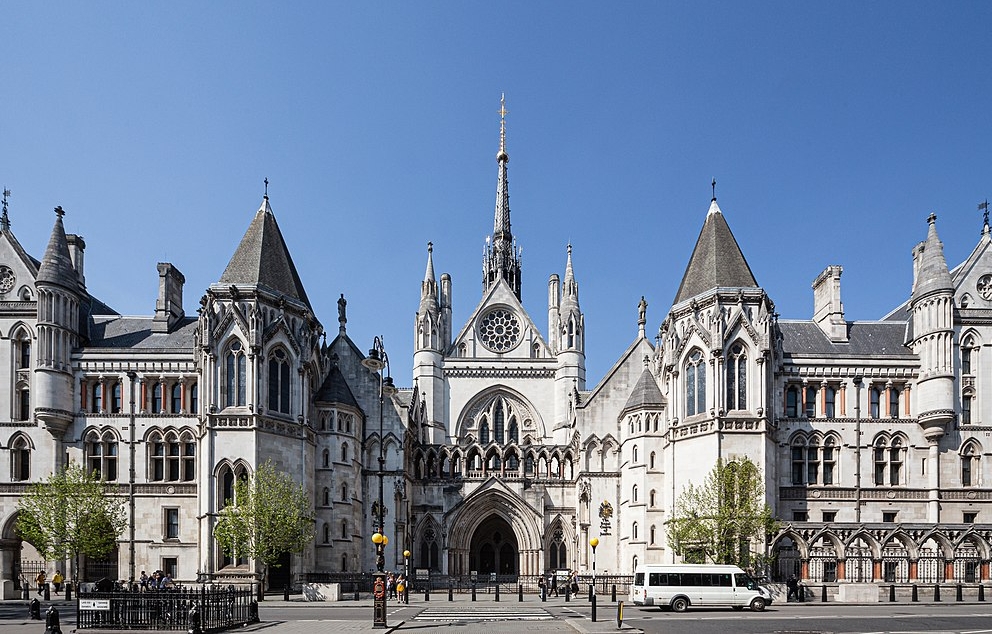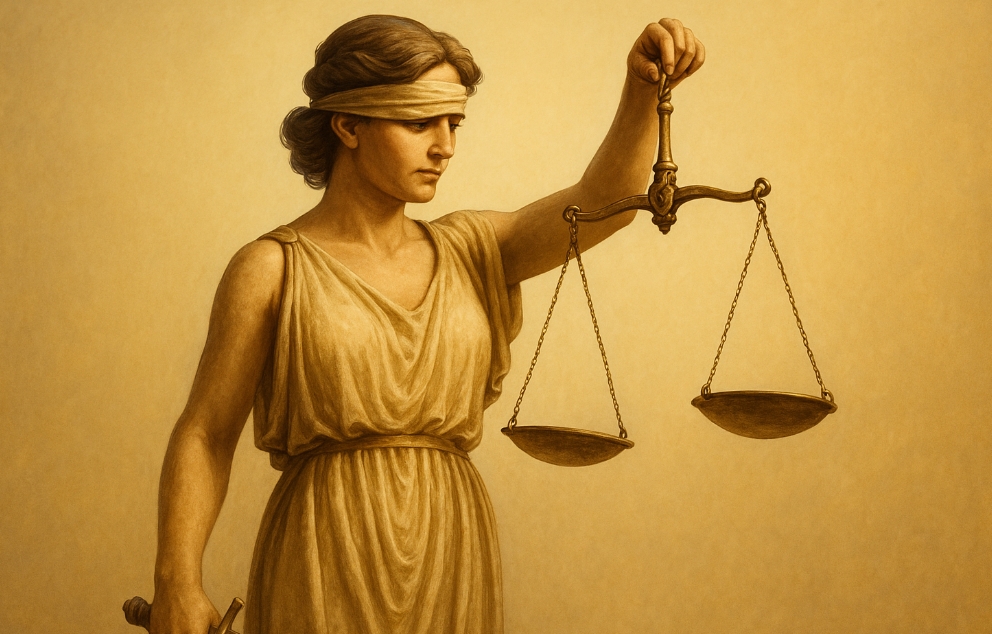בתמונה מתחם בתי המשפט המלכותיים
It is true the discretion must be exercised reasonably. Now what does that mean? Lawyers familiar with the phraseology commonly used in relation to exercise of statutory discretions often use the word “unreasonable” in a rather comprehensive sense. It has frequently been used and is frequently used as a general description of the things that must not be done. For instance, a person entrusted with a discretion must, so to speak, direct himself properly in law. He must call his own attention to the matters which he is bound to consider. He must exclude from his consideration matters which are irrelevant to what he has to consider. If he does not obey those rules, he may truly be said, and often is said, to be acting “unreasonably.” Similarly, there may be something so absurd that no sensible person could ever dream that it lay within the powers of the authority. Warrington L.J. in Short v. Poole Corporation [1926] Ch 66, 90, 91 gave the example of the red-haired teacher, dismissed because she had red hair. That is unreasonable in one sense. In another sense it is taking into consideration extraneous matters. It is so unreasonable that it might almost be described as being done in bad faith; and, in fact, all these things run into one another
In the present case, it is said by Mr. Gallop that the authority acted unreasonably in imposing this condition. It appears to me quite clear that the matter dealt with by this condition was a matter which a reasonable authority would be justified in considering when they were making up their mind what condition should be attached to the grant of this licence. Nobody, at this time of day, could say that the well-being and the physical and moral health of children is not a matter which a local authority, in exercising their powers, can properly have in mind when those questions are germane to what they have to consider. Here Mr. Gallop did not, I think, suggest that the council were directing their mind to a purely extraneous and irrelevant matter, but he based his argument on the word “unreasonable,” which he treated as an independent ground for attacking the decision of the authority; but once it is conceded, as it must be conceded in this case, that the particular subject-matter dealt with by this condition was one which it was competent for the authority to consider, there, in my opinion, is an end of the case. Once that is granted, Mr. Gallop is bound to say that the decision of the authority is wrong because it is unreasonable, and in saying that he is really saying that the ultimate arbiter of what is and is not reasonable is the court and not the local authority. It is just there, it seems to me, that the argument breaks down. It is clear that the local authority are entrusted by Parliament with the decision on a matter which the knowledge and experience of that authority can best be trusted to deal with. The subject-matter with which the condition deals is one relevant for its consideration. They have considered it and come to a decision upon it. It is true to say that, if a decision on a competent matter is so unreasonable that no reasonable authority could ever have come to it, then the courts can interfere. That, I think, is quite right; but to prove a case of that kind would require something overwhelming, and, in this case, the facts do not come anywhere near anything of that kind. I think Mr. Gallop in the end agreed that his proposition that the decision of the local authority can be upset if it is proved to be unreasonable, really meant that it must be proved to be unreasonable in the sense that the court considers it to be a decision that no reasonable body could have come to. It is not what the court considers unreasonable, a different thing altogether. If it is what the court considers unreasonable, the court may very well have different views to that of a local authority on matters of high public policy of this kind. Some courts might think that no children ought to be admitted on Sundays at all, some courts might think the reverse, and all over the country I have no doubt on a thing of that sort honest and sincere people hold different views. The effect of the legislation is not to set up the court as an arbiter of the correctness of one view over another. It is the local authority that are set in that position and, provided they act, as they have acted, within the four corners of their jurisdiction, this court, in my opinion, cannot interfere
לקוח מתוך פסק דין Associated Provincial Picture Houses Ltd. v Wednesbury Corporation [1948] 1 KB 223
"אם החלטה שנוקטת רשות בעניין שבסמכותה היא כה בלתי סבירה, עד שלא ייתכן שרשות סבירה כלשהי הייתה מקבלת החלטה כזאת אי פעם, אזי בית המשפט יכול להתערב. זו, אני חושב, הכרעה נכונה. אולם כדי להוכיח שבהחלטה כזו מדובר נדרשת טענה מוחצת" (תרגום חלקי של השופט נעם סולברג).
לקוח מתוך נעם סולברג, "על ערכים סובייקטיביים ושופטים אובייקטיביים"















Report